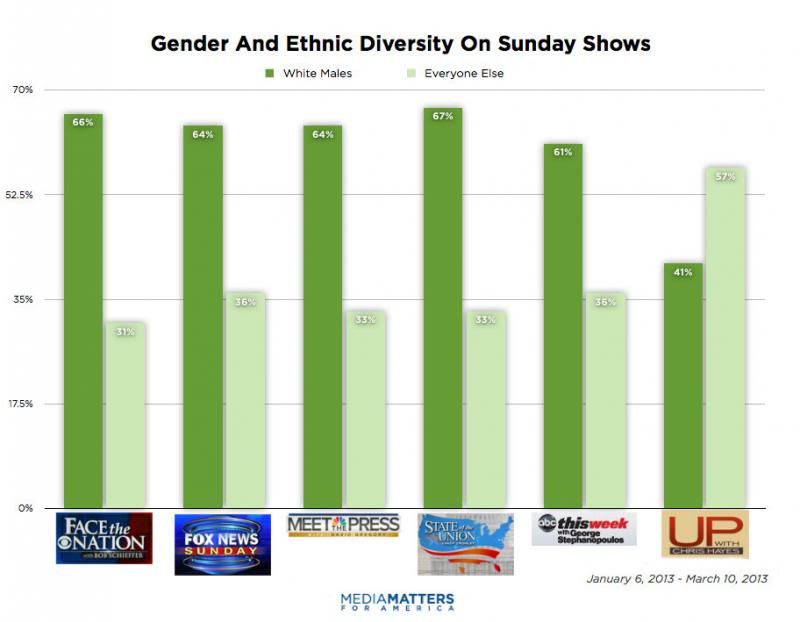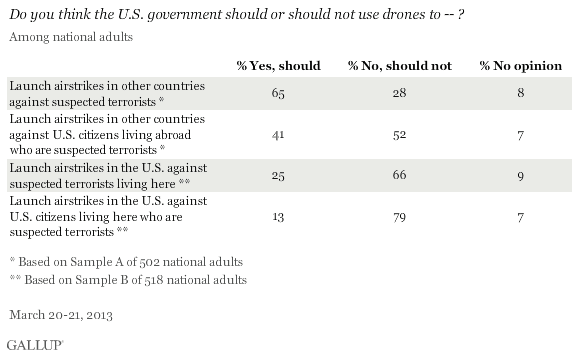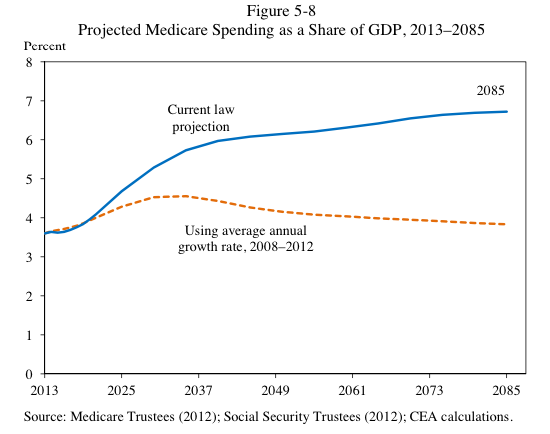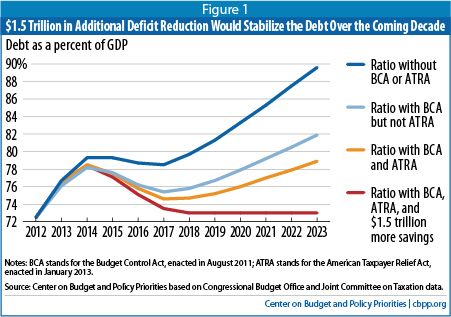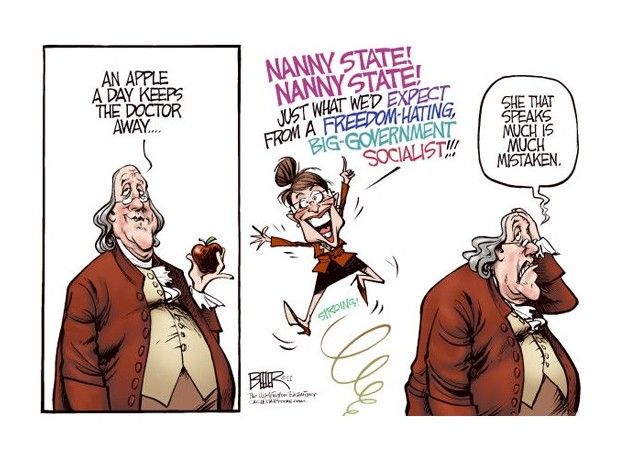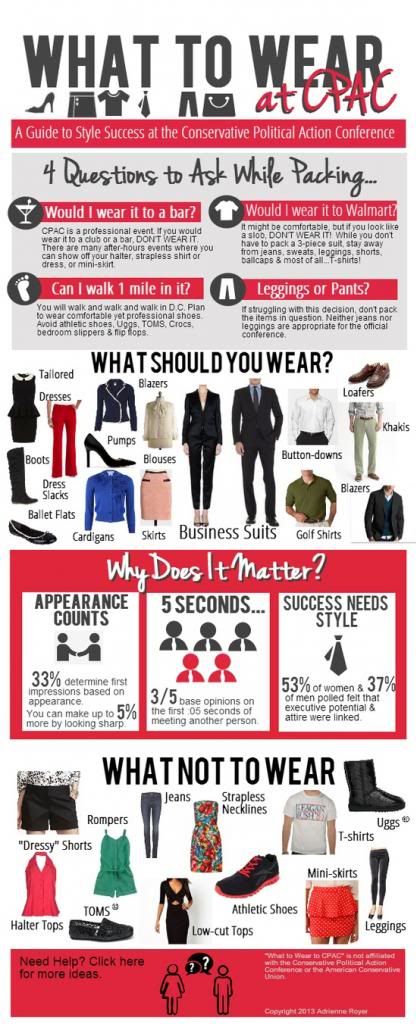We all know that the Republican Party is in its death throes. Even its chairman is doing a
post-2012 autopsy to try to come up with a way for the party to remake itself. In the meantime, it seems as though Republican legislators are content to continue their obstruction while they scramble to find a coherent platform and/or come up with a leader to take the reins.
Into that breech has stepped Senator Rand Paul. While the neocons like Senators McCain and Graham are sidelined, he is clearly trying to make a case for his brand of libertarianism as the alternative that might save the Republican Party.
Of course Paul's challenge is how to grow a constituency large enough to take on the Democratic coalition that appears to be positioned for national prominence in the years ahead. Knowing that what Republicans have done in the past with things like their appeals to so-called "Reagan Democrats" (ie, Southern Strategy) won't work, Paul is taking a different approach.
Like his dad, Senator Paul is working on his appeal to the left (ie, emo) flank of the Democratic coalition. That's what his 13-hour filibuster about drones accomplished followed almost immediately with his talk about
reforming mandatory minimums for drug offenses.
While I think Paul's filibuster was a
ridiculous distraction from the conversation we should be having, I'd join him if his efforts to reform the mandatory minimums.
But if he thinks those kinds of positions give him an edge in attracting liberal support for a presidential run, its high time we took a look at the whole package he's offering. I'll admit that there is a problem with clarity in doing so because he seems to be morphing on many of his positions as we speak. I don't trust it though. When those changes come just as he is trying to position himself for a run at the 2016 nomination, they are highly suspect.
For example, it seems that all of the sudden, Sen. Paul supports a pathway to citizenship for undocumented workers. He just doesn't want to call it that (upsets the tea party bigots, you know). But as
Adam Serwer points out, that transformation comes on the heels of being a believer in the "Amero" conspiracy (the secret plan to merge Canada, the United States, and Mexico and create a "borderless mass continent" under a single currency called the "Amero") as recently as 2008 and cosponsoring a bill to end the 14th amendment's birthright citizenship in 2011.
Senator Paul has also recently gone all squishy on the issue of
marriage equality.
”I’m an old-fashioned traditionalist,” the senator later told National Review. “I believe in the historic and religious definition of marriage.”
At the same time, Paul suggests that the tax code and health insurance should be made neutral so that gay couples benefit from the same breaks as married ones. And like Rubio, he has said that gay marriage should be left to the states to decide. He said Sunday that he is okay with the government is “neutral” on gay marriage; in February he said he was “not sure” how he felt about DOMA.
One area where we can be pretty certain of Rand Paul's views is on the issue of a woman's right to choose. As recently as last summer, he was pushing an amendment to the federal flood insurance bill that would have
ratified that life begins at conception. I'm not sure how that fits with his "states rights libertarianism" - but there you have it.
Of course we all know about Senator Paul's reluctance with regards to the 1964 Civil Rights law. He's tried to waffle quite a bit on that one. But it seems clear to me that he is at least ignorant about the intransigence of racism in thinking that without federal regulation, private businesses would have rejected their Jim Crow practices of discrimination.
But all of this actually pales in comparison when you take a look at the Senator's position of fiscal policy. It didn't get much notice, but he just released
his own budget proposal a couple of weeks ago. The jist of it is that Rep. Paul Ryan's budget didn't go far enough.
To eliminates the deficit in five years, the senator would abolish the Departments of Education, Energy, Commerce, and Housing and Urban Development, while privatizing the Transportation Security Authority. Paul would also slash taxes on the rich by establishing a 17% flat tax and eliminating capital gains taxes.
What's more, Paul's budget plan would raise the Social Security retirement age and privatize Medicare, while taking health care benefits away from millions of Americans by eliminating the entirety of the Affordable Care Act.
I'm one who believes that budgets are a statement of moral values. And to put it bluntly, what Senator Paul proposed is immoral. I know of no other way to express it. Its hard to imagine a federal budget that would do more to beef up the trajectory we've been on towards income inequality than his ideas. No matter who you are or what issues you care about, they would have a devastating impact on your life unless you're part of the 1%.
Any self-respecting liberal who would support his presidential aspirations should be ashamed of themselves - regardless of what he has to say about drones.


